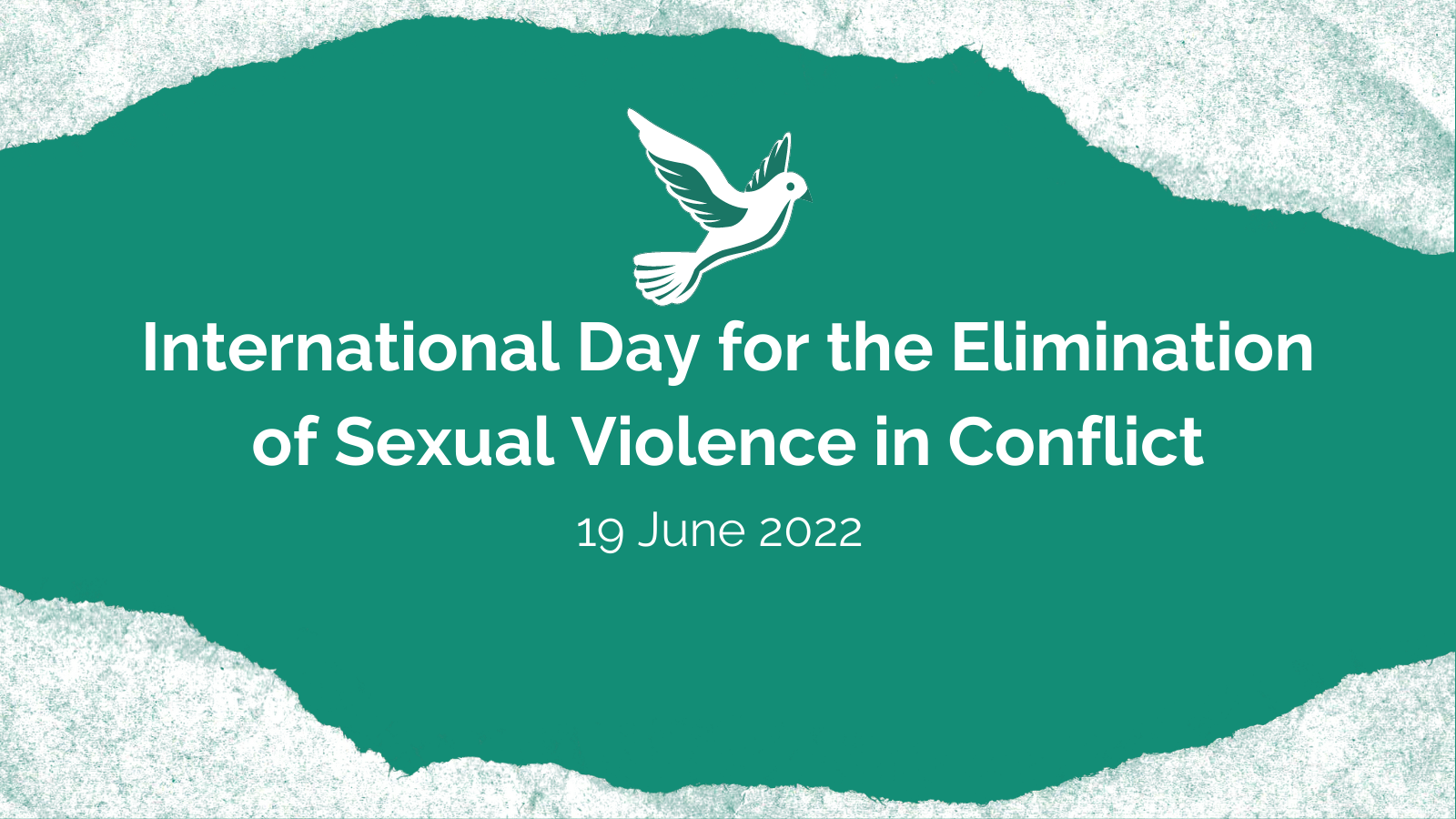Today is the International Day for the Elimination of Sexual Violence in Conflict.
Adopted by the UN in 2015, the day aims to “raise awareness of the need to put an end to conflict-related sexual violence, to honour the victims and survivors of sexual violence around the world and to pay tribute to all those who have courageously devoted their lives to and lost their lives in standing up for the eradication of these crimes”.
With the invasion of Ukraine continuing, and numerous stories of sexual violence being perpetrated by Russian forces appearing, it is clear that this horrific violence is still very much with us.
As we write, these are the countries, including Ukraine that are at war. It is reasonable to believe that rape and sexual violence are being used as weapons of war in every single one of those countries. In April 2022, Pramila Patten, the Secretary-General’s Special Representative working to end rape as a weapon of war, described it as “war’s oldest, most silenced, and least-condemned crime”.
Stories of rape in war appear in all periods of history, right up to to the Comfort Women enslaved during World War Two, the horrors of kidnapping and sexual slavery perpetrated upon Yazidi women and girls by ISIS in the last decade, and now Ukraine. There is nothing new about rape in war, though we can hope one day there will be something very, very old about it.
Why do it? There are numerous theories about this it is to humiliate, to create shame, to destroy social fabric. But ultimately, we believe it comes down to patriarchy. In a global society where women are other, lesser, to be acted upon not to act – men do this – armies do this – invading forces do this – because of patriarchy. Because
For as long as we live in a patriarchal world, where mens’s sexual access to women is taken as a right, and while we live in a world of militarisation which enforces the idea that might is right, this will continue.
For as long as it does, we will do everything we can to call out this violence, and we will stand with those upon whom this violence is perpetrated.

